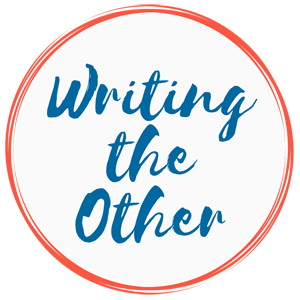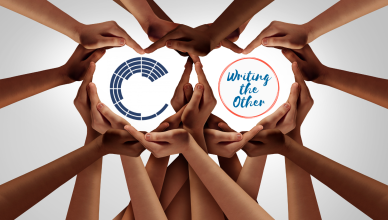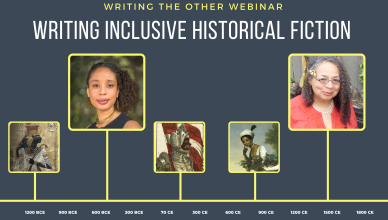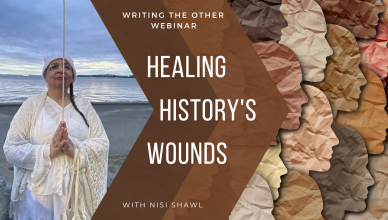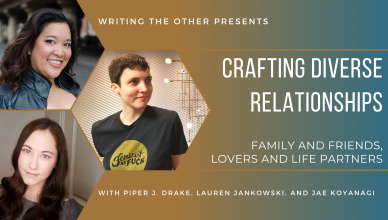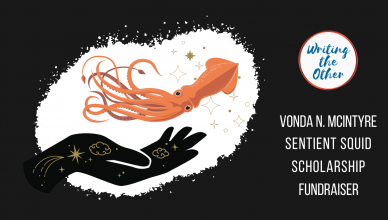
Research Skills for Fiction Writers | 2023 Webinar
Writing great fiction often requires research. Whether you’re a writer who creates whole new worlds or futures, a writer who uses historical settings or events, or a writer crafting characters whose identities or cultures are very different from your own, you need to learn this skill.
[...]
